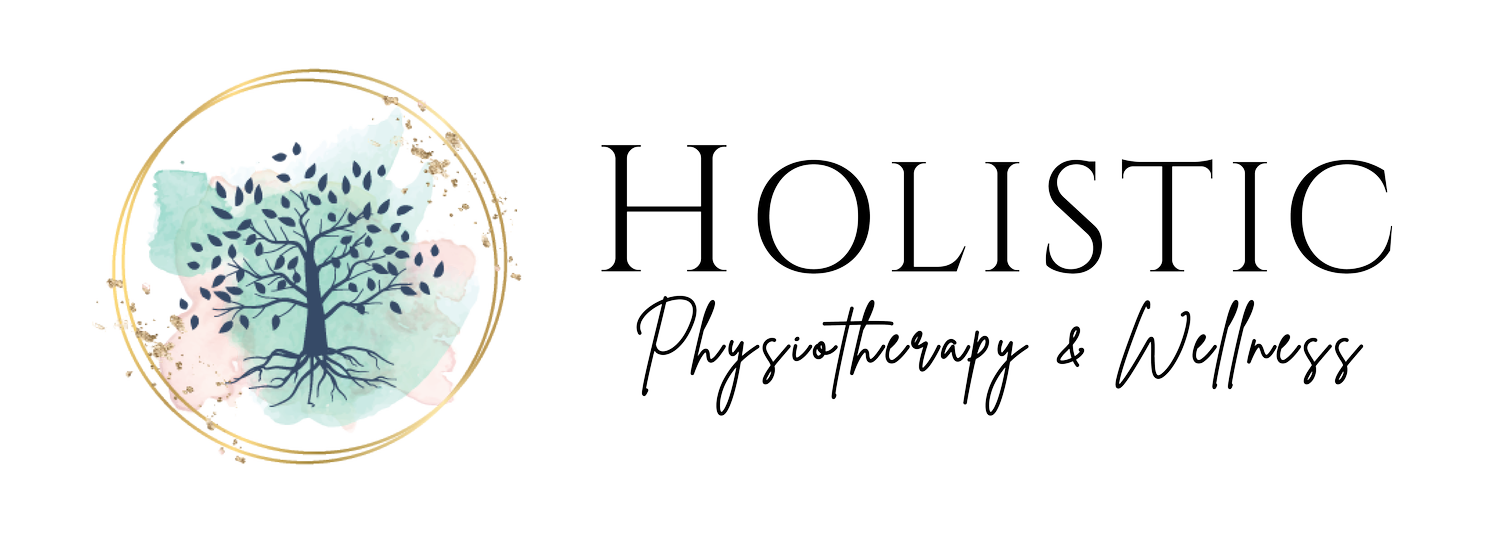How to Complete the Stress Response Cycle
By Dr. Carly Njaa
D.C., B.Sc. Kin | Oct 10, 2023
Blame it on our ancient DNA. Our prehistoric ancestors lived in the wilderness, constantly on high-alert of danger and probably ran for their lives on a near-daily basis. It was the stress response cycle - the way our body leaps into action as soon as it perceives a threat - that kept them alive. Today, it’s what’s stressing us out!
Whether we’re actually in harm’s way physically, like a near miss in a car accident, or facing a presentation in front of a large crowd, our bodies still respond to stress the way they did thousands of years ago.
Stress affects the body in three stages: alarm, resistance, and exhaustion. When we fail to complete all three stages, we can get stuck in the stress cycle and it can cause all kinds of havoc on our health. Increased inflammation, a less robust immune system, and long-term health conditions, anxiety, or depression.
By understanding how your body moves through the cycle, you’ll be better prepared to assess your own response and take steps to work through it all the way to completion, when you recover from the stress response.
Stage One is Alarm. When your system perceives a threat or stressor of any kind, the sympathetic nervous system - also known as a flight or fight response - is activated. Adrenaline is released into the bloodstream, often causing rapid heartbeat, faster breathing, and an increase in energy and alertness.
We move into Stage Two, Resistance, when the threat appears to have passed. Our car didn’t crash, the presentation is over… The parasympathetic system reigns in the stress response, but you may still feel a need to look over your shoulder to make sure you are truly safe. If a sense of danger lingers, and your body doesn’t regain its balance, the stress hormones can increase, leading to frustration, irritability, or an inability to concentrate.
When we don’t complete the stress cycle, when we remain in that heightened state of vigilance, we get stuck in Stage Three, Exhaustion. This is when fatigue and burnout set in and stress really begins to take a toll on our body. But if we can recognize the state of stress we are experiencing, we can take steps to mitigate and move through it - so we can move on to better things.
Authors Emily and Amelia Nagoski relay 7 strategies for completing the stress response cycle in Burnout: The Secret to Unlocking the Stress Cycle:
Physical Activity
Slow, Deep Breathing
Positive Social Interactions
Laughter
Affection (physical or emotional)
Crying
Creative Expression
It can take intentionality to break free from constant stress, and it may even require major life changes. If you can identify a persistent source of stress, it may be possible to relieve it by changing jobs, ending or healing a relationship, or establishing a routine that works better for you.
If you’re experiencing prolonged stress, fatigue, or burnout, please come see us. Our holistic approach incorporates chiropractic care, physical therapy and massage therapy, lifestyle medicine, and clinical counseling. We have all the tools you need to manage stress and break free from the unhealthy cycle of fatigue and burnout.
Dr. Carly Njaa
D.C., B.Sc. Kin


